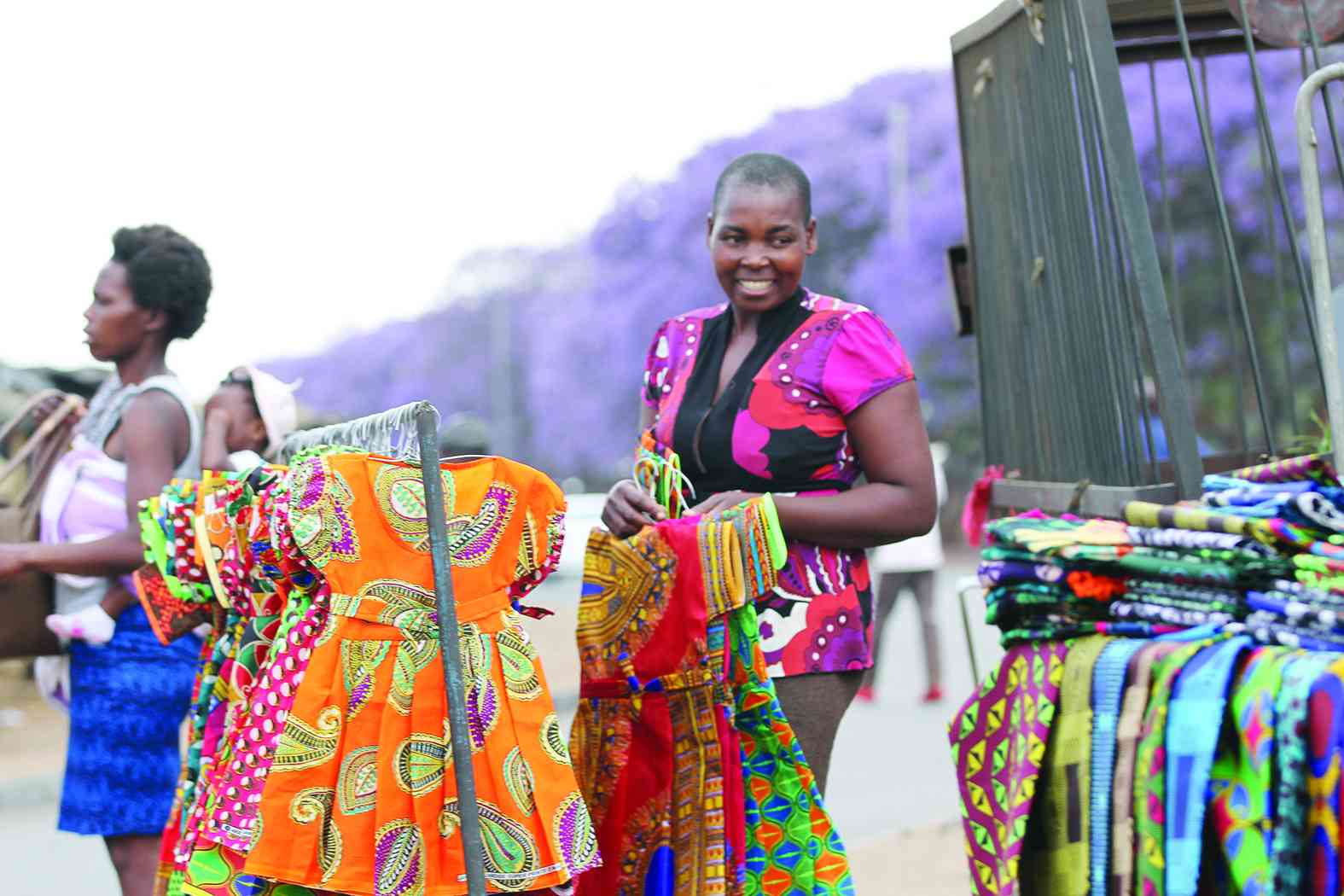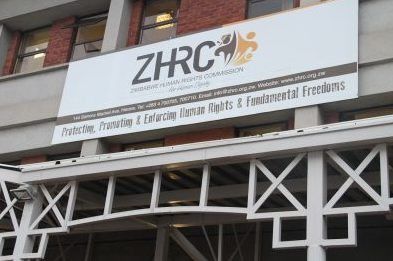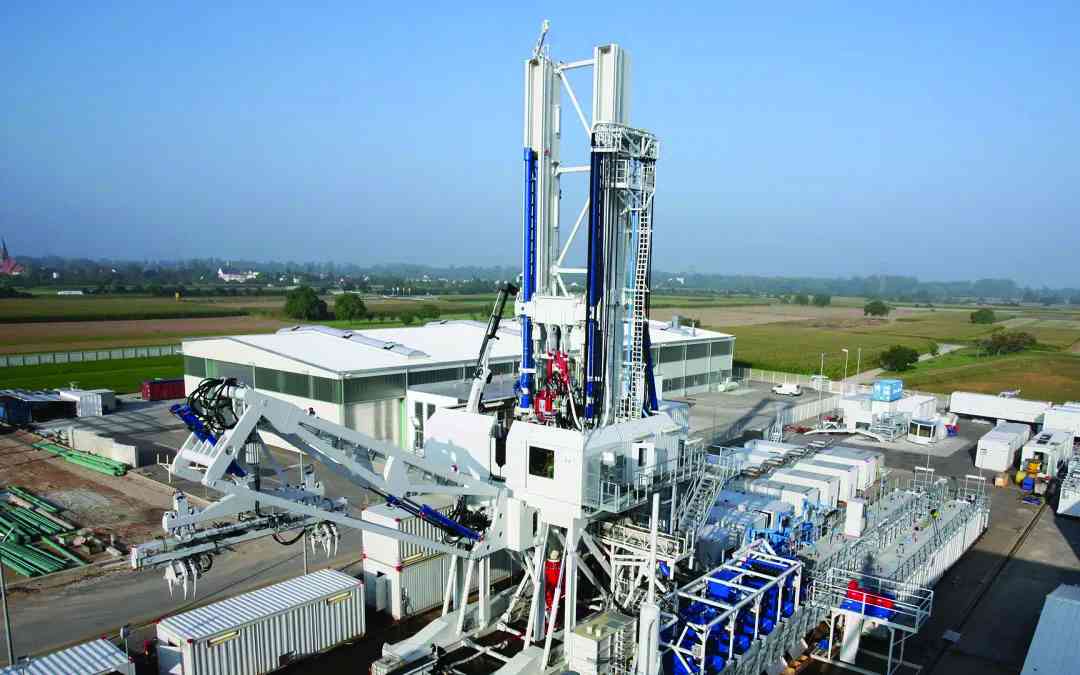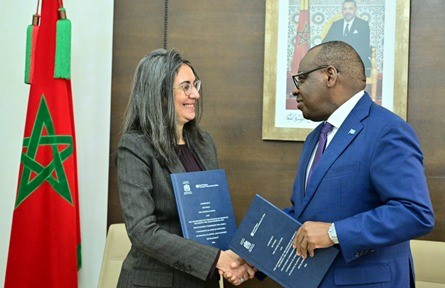
IMARA Asset Management says more firms will opt for corporate rescue and retrenchments to survive the tough economic environment headlined by rising informalisation.
The call by Imara comes as the informal sector is now estimated at 70% of the economy, a hurdle for authorities in collecting taxes.
There has been a spike in the number of formal businesses choosing to enter corporate rescue to rejig their operations after being stung by the rising informalisation.
“As it is we expect to see an increasing number of businesses — mainly privately owned — seeking business rescue protection, retrenching labour and restructuring their labour where possible,” Imara said in its latest report, Zimbabwe Investment Notes for January 2025.
“At worst, businesses may be forced to close or leave the country – as we saw with Unilever last year.”
Imara says as retrenchments accelerate, there will be more to see liquidity requests from pension funds grow in the coming months.
It said the rising informalisation relative to the formal economy “is proving a big headache for the Treasury”.
“By its nature, the informal economy is tough to tax; the formal economy is a simpler target, but the more the burden put on this part of the economy to fund government, the less viable it becomes,” Imara said.
- Currency crisis haunts listed firms
- Currency crisis haunts listed firms
- Zimdollar depreciation munches on OML 2022 earnings
- Informalisation to push firms into corporate rescue: Imara
Keep Reading
“It won’t be an easy time for them, with little sympathy from the taxman who needs whatever money businesses may have left. Should the informal sector start to slow — which we don’t expect for now — then the situation will be harder still.”
Imara said the source of tax challenges has been diminishing government inflows and expenditures that had been kept high.
“An overvalued and poorly-managed exchange rate has also helped drive informalisation, which has shrunk the tax base,” Imara said.
“With limited room to grow the pie, it is only reasonable for government to reduce its own expenses and properly stick to cash budgeting principles. That has not happened. A correct exchange rate will also help formal businesses price competitively.”
Imara said the informal sector had been the driver of the economy for the past few years.
“It has also been the saviour for many businesses in the formal sector faced with the never-ending demands of government/Zimra [Zimbabwe Revenue Authority] and the rising costs of labour and energy in particular; the informal sector has allowed for growth in both volumes and revenues without which profits would have disappeared altogether, and potentially retained earnings as well,” Imara said.
It said an absence of an increase in ZiG liquidity “will put downward pressure on equities, being the only liquid asset within ZiG pension funds, and hence pressure on the Zimbabwe Stock Exchange.
“Drilling down into the budgeted revenues, we were interested to read that the IMTT [ Intermediated Money Transfer Tax] that was imposed upon the formal retailers a few years back — and which immediately disadvantaged the formal sector retailers/service providers in comparison to the informal sector — now accounts for just 4,6% of total government revenues.
“Early on in its life, this tax used to contribute close to 15% of government revenues. To help level the playing field for the formal sector, it might have been sensible to remove that tax altogether and perhaps replace it with an increase in excise tax on fuel, being the one commodity used by the entire economy, thereby enabling the government to capture more informal operators.”











